using coffee grounds on plants
leslie_c
16 years ago
Featured Answer
Comments (16)
sprtsguy76
16 years agozucchini
16 years agoRelated Professionals
Carlisle Landscape Architects & Landscape Designers · Comstock Park Landscape Architects & Landscape Designers · Lyons Landscape Architects & Landscape Designers · North New Hyde Park Landscape Architects & Landscape Designers · Beverly Hills Landscape Contractors · East Chicago Landscape Contractors · Lake Worth Landscape Contractors · Point Pleasant Landscape Contractors · Havelock General Contractors · Rancho Cordova General Contractors · Waianae General Contractors · Wright General Contractors · Hendersonville Decks, Patios & Outdoor Enclosures · New York City Decks, Patios & Outdoor Enclosures · Puyallup Decks, Patios & Outdoor Enclosuressunsi
16 years agoqaguy
16 years agodoof
16 years agomaupin
16 years agoorangetj
16 years agordubow
16 years agojayteadesigns
16 years agomiesenbacher
16 years agocyumickey
16 years agoherbivore
16 years agokerry67
13 years agohotroxy51_yahoo_com
12 years agoTerra Vista Landscaping, LLC
8 years ago
Related Stories
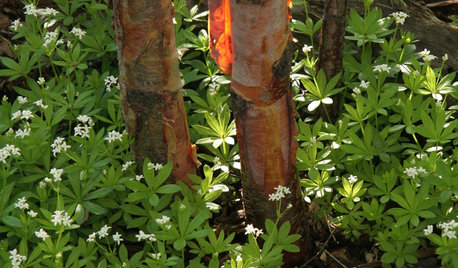
GARDENING GUIDES6 Deer-Resistant Ground Covers to Plant This Fall
Learn about some of the only low, spreading plants that are reliably deer-resistant
Full Story
GARDENING GUIDESGreat Design Plant: Creeping Juniper Holds Its Ground
Add texture and evergreen interest to a layered garden with this low-maintenance, good-looking ground cover
Full Story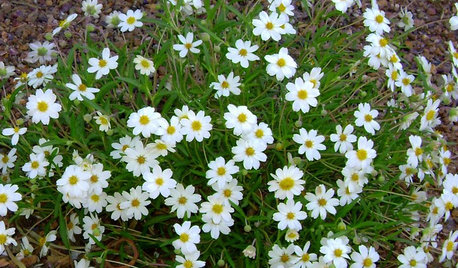
GROUND COVERSGreat Design Plant: Blackfoot Daisy for Prettier Dry Ground
Don’t let its delicate looks fool you. This ground cover can survive extreme cold and heat, and with little water to boot
Full Story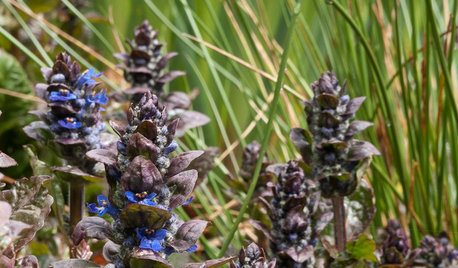
GARDENING GUIDESGreat Design Plant: Bugle Weed, a Quick Ground Cover
It’s highly adaptable, suppresses weeds, reduces erosion and provide weeks of bright flowers. Just watch for invasiveness
Full Story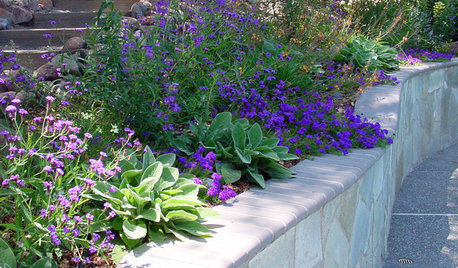
GARDENING GUIDESGreat Design Plant: Glandularia Rigida Paints the Ground Purple
Sandpaper verbena's deep purple flowers create a colorful carpet in drought-tolerant gardens
Full Story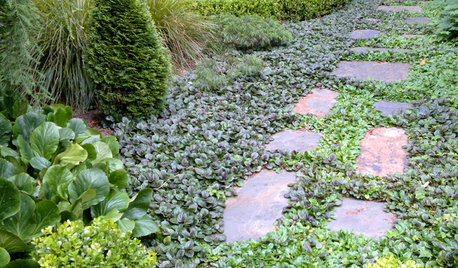
GROUND COVERSGround Force: 10 Top Ground Covers for Your Garden
Protect your soil from weeds and drought this summer with a living mulch of ground covers
Full Story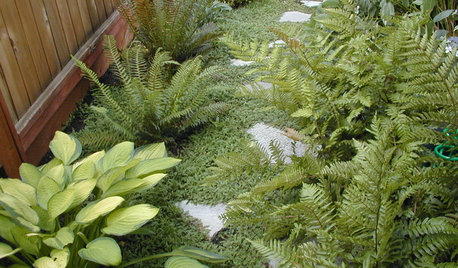
LANDSCAPE DESIGN6 Great Ways With Garden Ground Covers
Use them as problem solvers, weed killers, color and texture providers ... ground cover plants have both practical and visual appeal
Full Story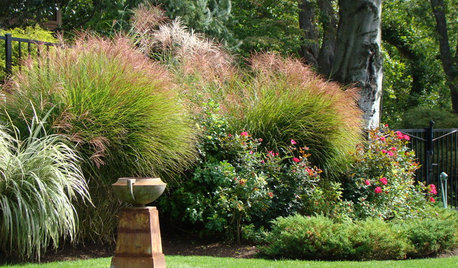
LANDSCAPE DESIGNThe 7 Best Plant Types for Creating Privacy and How to Use Them
Follow these tips for using different kinds of plants as living privacy screens
Full Story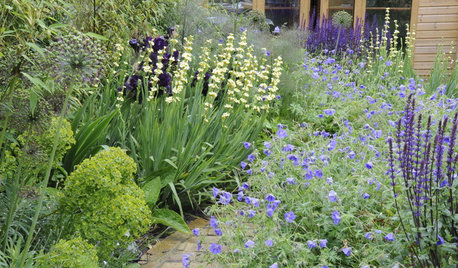
PLANTING IDEAS5 Ways to Use Pastel Plantings in Contemporary Gardens
Learn how pink, lilac, lavender, cream and peach can bring a soft beauty to your landscape
Full Story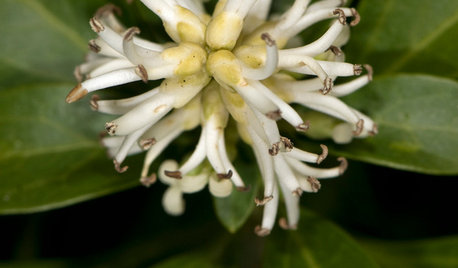
GARDENING GUIDESHow to Use Pachysandra Responsibly in the Landscape
It's tops at covering lots of ground quickly, but be sure this low evergreen plant doesn't spread where it shouldn't
Full Story





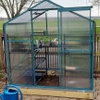
Seysonn_ 8a-NC/HZ-7